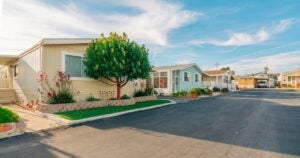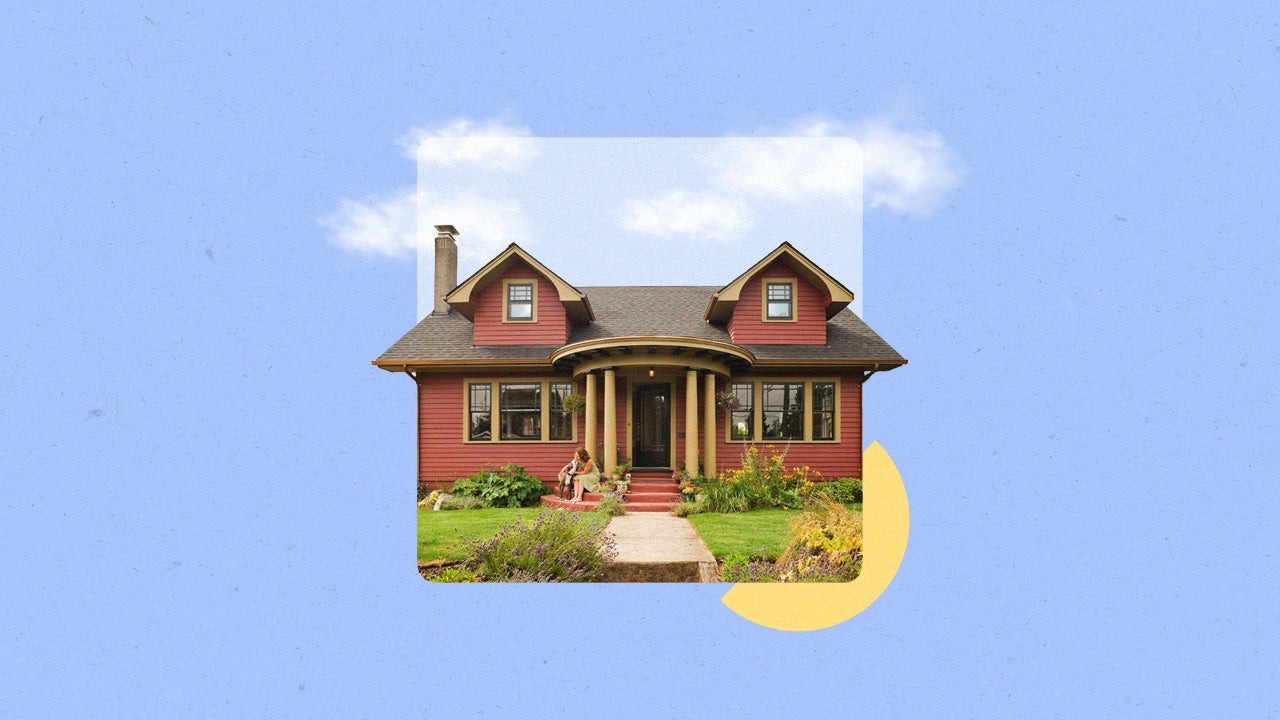What are reserves for a mortgage?




Key takeaways
- Mortgage reserves are cash or other easily accessible assets you could use to make mortgage payments, above and beyond your down payment and closing costs.
- Reserves are measured in months. Six months of reserves means six months’ worth of mortgage payments.
- Not all borrowers need to have reserves. You may need to prove reserves if you have a lower credit score or are taking out a jumbo mortgage, for example.
What are mortgage reserves?
Reserves for a mortgage refer to cash or any other assets you could easily access to pay your loan if you were to experience a loss of income. If your mortgage lender requires them, you’ll need these reserves in addition to the cash for your earnest money deposit, down payment and closing costs.
Mortgage reserves are measured in months. If your lender requires four months’ worth of reserves, for example, you’d need the equivalent of four monthly mortgage payments, or $7,200, either in savings or another easy-to-tap asset.
What assets are allowed as mortgage reserves?
“Homebuyers should plan on showing sufficient reserves to cover six months’ of mortgage payments,” says Bankrate Chief Financial Analyst Greg McBride. But “this doesn’t necessarily have to all be sitting in a savings account. Fully vested retirement accounts or investments held in a brokerage account also qualify.”
For a conventional loan, acceptable sources of reserves include:
- Checking and savings account balances
- Vested funds in retirement accounts, such as a 401(k) or Roth IRA
- Money invested in stocks, bonds, mutual funds and money market funds
- Certificates of deposit (CDs)
- Cash value of a vested life insurance policy
- Funds in a trust
For some types of loans, the mortgage lender can count only up to 60% of vested funds as qualifying reserves.
What assets aren’t allowed as mortgage reserves?
The following types of assets generally don’t qualify as mortgage reserves for a conventional loan:
- Funds in an account that aren’t yet entirely vested
- Funds that can’t be accessed until retirement or can be accessed only in the event of job loss or death
- Unsecured loans (for example, personal loans)
- Money obtained through a cash-out refinance on the property
- Lender contributions
- Stock in an unlisted corporation
When do you need reserve funds for a mortgage?
Most borrowers don’t need a cash reserve to qualify for a mortgage. However, your lender may require one if you have poor credit, are making a relatively low down payment, have a high debt-to-income (DTI) ratio or some combination of these. For example, if you have a credit score below 700 or are making a down payment of less than 20 percent, you may be required to have two to six months’ worth of reserves.
You may also be required to have reserve funds if you’re:
- Self-employed: Your lender will likely want proof of reserves if you don’t have steady paychecks or a regular income stream.
- A real estate investor: If your repayment plans are based on generating income from the property you’re buying — through rents or leases, for example — your lender will typically require reserves.
- Buying a jumbo loan or an investment property: If you’re taking out either of these loan types, your lender will probably request six to 12 months’ worth of reserves.
Additionally, if your lender would be making an exception to approve your application, say you have risk factors that exceed typical guidelines, verified reserves can be key in securing loan approval, says Matt Dunbar, SVP of Southeast Region for Churchill Mortgage. “These reserves give lenders extra peace of mind, ensuring the borrower can manage payments even if their financial situation shifts unexpectedly.”
How much are mortgage reserves?
If you do need mortgage reserves, the amount you need varies by the type of loan you want and the kind of property you’re buying. Each lender sets its own standards, but these terms outlined by Colorado-based lender American Financing are typical:
Mortgage reserve requirements by loan type
| Conventional loan |
|
| FHA loan |
|
| VA loan |
|
| USDA loan |
|
Mortgage reserve requirements by property type
| Primary residence | Up to 6 months |
| Second home | 2-4 months or more |
| Investment property | 6 months or more |
How to build your mortgage cash reserves
If your mortgage lender indicates that you’ll need reserves, and you don’t have much in the bank, you might need to build up your savings before you can qualify for a loan. Here are some tips:
1. Cut down on spending
Review your budget to see if you can cut back spending. Consider:
- Canceling unused or underused subscription services
- Using coupons and shopping sales at the grocery store
- Finding a cheaper provider for your car insurance and other policies
Set those savings aside in an account you won’t be tempted to draw from, but that’s easy to access when the time comes. This might be a separate checking or savings account from the one you use for bills or day-to-day spending.
2. Set aside a portion of each paycheck
Since your savings accounts qualify as reserve funds for a mortgage, try to put aside some of your income in these accounts each month. Setting up automatic deposits can make it easier to stash money away.
3. Consider a CD
If the interest rate on your savings account isn’t cutting it, and you don’t plan on getting the mortgage right away, consider a certificate of deposit (CD). CDs are an acceptable reserve asset, and CD rates tend to give you a better return than savings account rates.
4. Move into the money markets
Offered by many banks and credit unions, a money market account (MMA) is a cross between a savings account and a checking account and tends to earn a more competitive rate of interest on your deposited funds. MMAs have lower yields than CDs, but they’re also more liquid, allowing you to withdraw money via debit cards or checks.
A similar vehicle is a money market fund, a type of mutual fund offered by brokerages and investment companies that generates income from short-term securities, often at a better rate of return than savings accounts or MMAs. These, too, rank as low-risk investments, though they’re not insured by the FDIC. Bear in mind that, while MMAs and money market funds are both highly liquid, they might require high minimums to open and maintain.
5. Increase contributions to your retirement account
Mortgage reserves can also come from vested retirement funds. If you’re contributing only the minimum to your retirement accounts, consider an increase.
6. Save money from windfalls
If your job provides regular bonuses, you work on commission or typically get a sizable tax refund, make it a habit to set some or all of that money aside toward your cash reserves.
FAQ
Why we ask for feedback Your feedback helps us improve our content and services. It takes less than a minute to complete.
Your responses are anonymous and will only be used for improving our website.
You may also like




